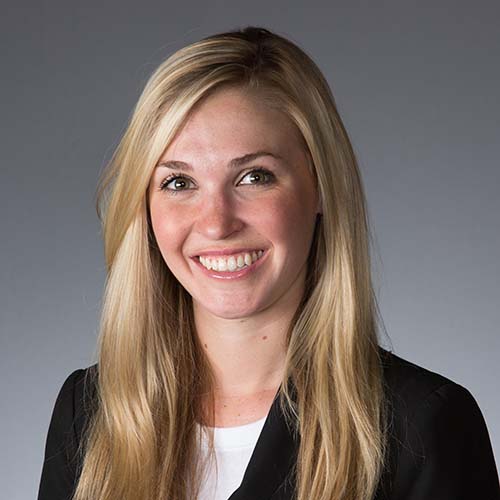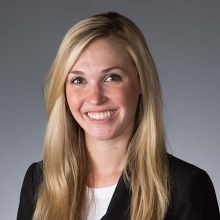Many Achievements of ETL Consortium Noted in preLaw Magazine
preLaw Magazine's 2013 Back to School issue highlights numerous achievements from our Educating Tomorrow's Lawyers Consortium schools.
In an article discussing some of the more recent and important developments in legal education, Hofstra University was mentioned for its new health law center, in which students address legal needs surrounding implementation of the Affordable Care Act. Additionally, the University of Denver was discussed for its Experiential Advantage Curriculum, a program implemented in the Fall of 2013 that gives students the opportunity to take 24 credit hours of experiential learning throughout their law school career. Finally, in an effort to lessen the cost and lighten the burden of law school, the University of Dayton and Southwestern University have both instituted two-year accelerated J.D. programs.
In an article naming the top schools for externships around the country, several Consortium schools were ranked among the very top for their experiential opportunities and programs. The University of St. Thomas ranked #1 based upon the 712 externship placements available to its full-time student body of 445. Northeastern University ranked #2 and gained mention for their co-op program, which requires students to complete several full time externships over the course of their three-year education. The University of Denver followed close at #8, Southwestern University at #10, the University of New Hampshire at #14, Indiana University at #16, and American University at #25.
In the Appalachian region, preLaw identified three Consortium schools that provide prestige and affordability to their students as well as smaller campuses and classes with a more personal touch. The article highlights Regent University School of Law's incorporation of the university's Christian affiliation to inform best practices and ethical considerations as their students become practicing attorneys. Additionally, Washington and Lee University received praise for their 9.5-1 student-faculty ratio. Lastly, Vanderbilt University was noted for their small law school class size (175 students admitted each year) and their care in admitting students by conducting in-person interviews applicants.
In an article listing the top 25 innovative ideas in legal education, the magazine again noted several programs from our Consortium. Here, the University of Denver's Experiential Advantage Curriculum is praised again and the school is lauded for “taking the lead in experiential education.” The University of Denver is also mentioned in conjunction with the University of Colorado, as the two law schools are “developing a legal residency program for graduates during the first year of practice,” modeled after a medical residency program. Touro College was listed for their ProBono Uncontested Divorce Project, a required part of the experiential curriculum for first year students, which also helps students to satisfy the New York's pro bono requirements. Loyola University New Orleans gained praise for their Practice Tracks program, which requires first-year students to take courses designed to facilitate practice-ready lawyering, such as client counseling, negotiation, and law practice management. Other notable and innovative achievements of our law schools include Golden Gate University's Summer Trial and Evidence Program and Regent University's Center for Ethical Formation and Legal Education Reform, which aims to help students become ethical legal practitioners of the highest standard, following the recommendations of the Carnegie Report.
preLaw also brings attention to the recent launch Educating Tomorrow's Lawyers' Law Jobs: By the Numbers, an interactive tool that allows users to calculate employment rates for every law school in the country based upon a multitude of formulas. In an effort to increase transparency, the tool uses traditional employment calculations from sources like the U.S. News and NALP, but also allows users to create their own formula to focus on employment factors most relevant to their own interests.
Katherine Kirk is a third year law student at the University of Denver Sturm College of Law and contributes to IAALS Online. Please direct inquiries about this post to iaals@du.edu.


